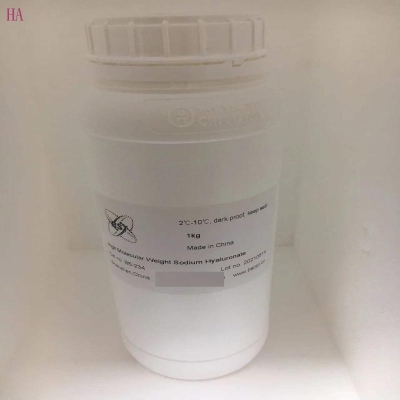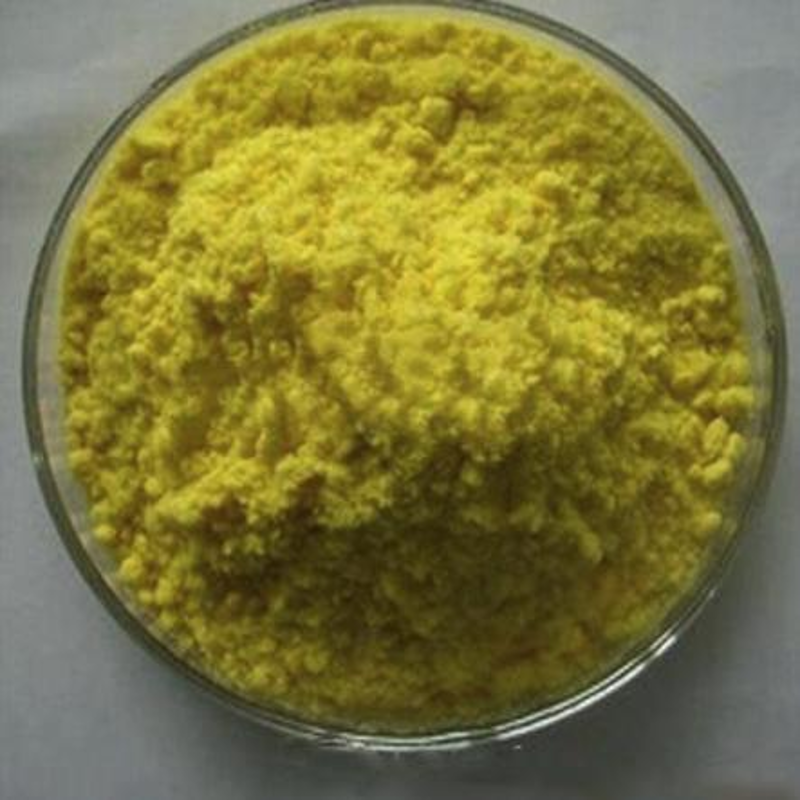-
Categories
-
Pharmaceutical Intermediates
-
Active Pharmaceutical Ingredients
-
Food Additives
- Industrial Coatings
- Agrochemicals
- Dyes and Pigments
- Surfactant
- Flavors and Fragrances
- Chemical Reagents
- Catalyst and Auxiliary
- Natural Products
- Inorganic Chemistry
-
Organic Chemistry
-
Biochemical Engineering
- Analytical Chemistry
-
Cosmetic Ingredient
- Water Treatment Chemical
-
Pharmaceutical Intermediates
Promotion
ECHEMI Mall
Wholesale
Weekly Price
Exhibition
News
-
Trade Service
April 15, 2020 / / -- A joint study led by the Institute for Biomedical Discovery (BDI) and the Peter Doherty Institute for Infection and Immunology (Doherty Institute) at Monash University in Melbourne, Australia, has shown that an anti-parasitic drug available around the world can kill the virus within 48 hours.
Kylie Wagstaff of the Monash Institute for Biomedical Discovery, who led the study, said scientists have shown that evythrobacteria, a drug, stops the growth of the SARS-CoV-2 virus in cell culture within 48 hours.
image source: "We found that even a dose of one dose was able to remove all viral RNA within 48 hours, and even within 24 hours, viral RNA was significantly reduced.
" Yvonne is an FDA-approved anti-parasitic drug that has also been shown to be effective in vitro against a variety of viruses, including HIV, dengue, influenza and Zika.
Wagstaff cautioned that the tests in the study were conducted in-body and needed to be tested in human bodies.
" Yvonne is widely used and is considered a safe drug.
What we need to figure out now is whether the dose you can use in humans is effective -- that's what needs to be done next," Dr Wagstaff said.
" global pandemic, unsanced treatments, if we have a compound already available around the world, may soon be able to help people.
actually, it will take some time for vaccines to become widely available.
Wagstaff said that while the mechanism by which ivetrotin acts on the virus is unclear, its role in other viruses may prevent the virus from "suppressing" the host cell's ability to remove the virus.
Leon Caly, of the Royal Melbourne Hospital, is a senior medical scientist at the Victoria Infectious Disease Reference Laboratory (VIDRL) at the Doherty Institute and is the first author of the study.
Caly said: "As part of the team that first isolated and shared SARS-COV2 outside China in January 2020, I am excited about the prospect of Yvonne being used as a potential drug against COVID-19.
Wagstaff made a breakthrough discovery in Ivesin in 2012, when she and Professor David Jans of the Monash Institute for Biomedical Discovery identified the drug and its antiviral activity.
Jans is one of the authors of the paper.
Jans and his team have been studying evythrin with different viruses for more than 10 years.
Dr. Wagstaff and Professor Jans began investigating whether the SARS-CoV-2 pandemic had worked when it became known.
Wagstaff said the use of Yvonne to fight COVID-19 would depend on the results of further preclinical trials and eventual clinical trials, and funding was urgently needed to continue this work.
the results of the study were published recently in the journal Antiviral Research.
() Reference: 1: Possible coronavirus drug identified by Australian scientists 2: Leon Caly et al. The FDA-approved Drug Ivermectin reeds the replication of SARS-CoV-2 in vitro, Antiviral Research (2020). DOI: 10.1016/j.antiviral.2020.104787.







